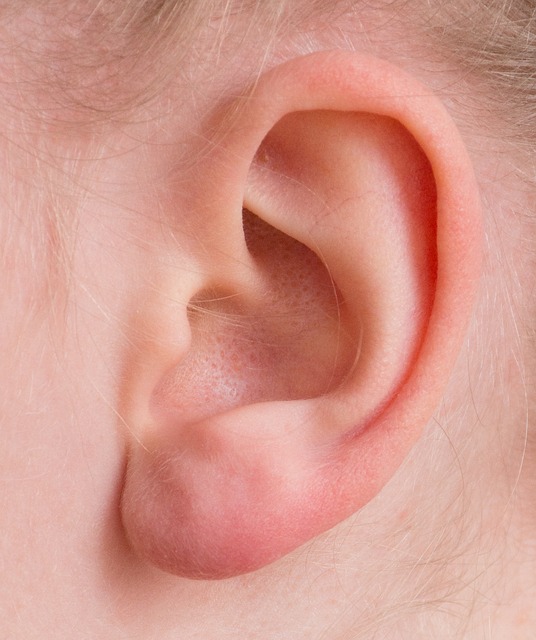Tinnitus – whistling in the ears and how to treat it?
If you’ve ever experienced a condition where your ears or inside your head suddenly start ringing or rustling, you know it’s a condition that’s hard to get used to. And also that it’s very annoying. This often happens, for example, when you return from a loud concert that you spent right at the speakers and then you feel a rattling in your ears all the way home. In some cases, however, these sound murmurs may be present all the time and will not just disappear. We are talking about the so-called “tinnitus”, a common name coming from Latin describing the state of humming, rustling, whistling or other acoustic sounds in the ear. It is also defined by the fact that the sound stimulus does not have an external origin, or that it is only a subjective sensation in one or both ears of the affected person.
WE WILL BE HAPPY TO HELP YOU WITH THIS PROBLEM.
Interestingly, tinnitus can manifest itself very differently, so it has different qualities and can take several forms in one person. Some describe the form of the tone as very low, which is close to some buzzing, beating, and someone, on the contrary, hears high tones inside, reminiscent of whistling and clinking. Often, it is the individual types of sounds that pass into others or change “only” to rustling during the day. At the same time, the characteristics and intensity of tinnitus depend on a number of factors such as our physical and mental health, sleep quality or stress.
So who is most affected by this unpleasant sound defect? Disabled are often people with hearing problems, where the issue concerns the inner ear or auditory nerve. Therefore, very often this disability occurs in adulthood in people who have experienced repeated otitis media in childhood with possible paracentesis, or puncture of the eardrum. The list of possible causes should also include any physical trauma in the area of the skull or cervical spine.
Then there are typical musicians, sound engineers or people working under a large sound load, such as construction equipment or shots. Sometimes this sound phenomenon can also occur in neurological or cardiovascular patients or also in some metabolic disorders such as decreased thyroid function. In a significant percentage of patients suffering from tinnitus, the cause is more hidden and is often in the psycho-emotional side of the individual, to whom the tinnitus may have caused psychological trauma, anxiety, fears or excess stress.
Although these mysterious sound phenomena are sometimes very difficult to influence, there are plenty of ways to help patients from their suffering at least a little. A suitable tool that tries to relieve pain and at the same time get to the cause is “Craniosacral osteopathy and biodynamics”.A method that can work with gentle touches with individual bones of the skull, but also with some structures lying directly under them. It positively affects the flow of cerebrospinal fluid in the skull and spinal canal and therefore reaches deep into the central nervous system. There is also a release of tension of the relevant muscles around the jaws, face and neck, which are also unpleasantly contracted during tinnitus.
MAKE AN APPOINTMENT WITH OUR PHYSIOTHERAPIST, WHO FOCUSES ON THIS ISSUE HERE.
Kraniosakrální osteopatie – jemná terapie, která jde do hloubky

